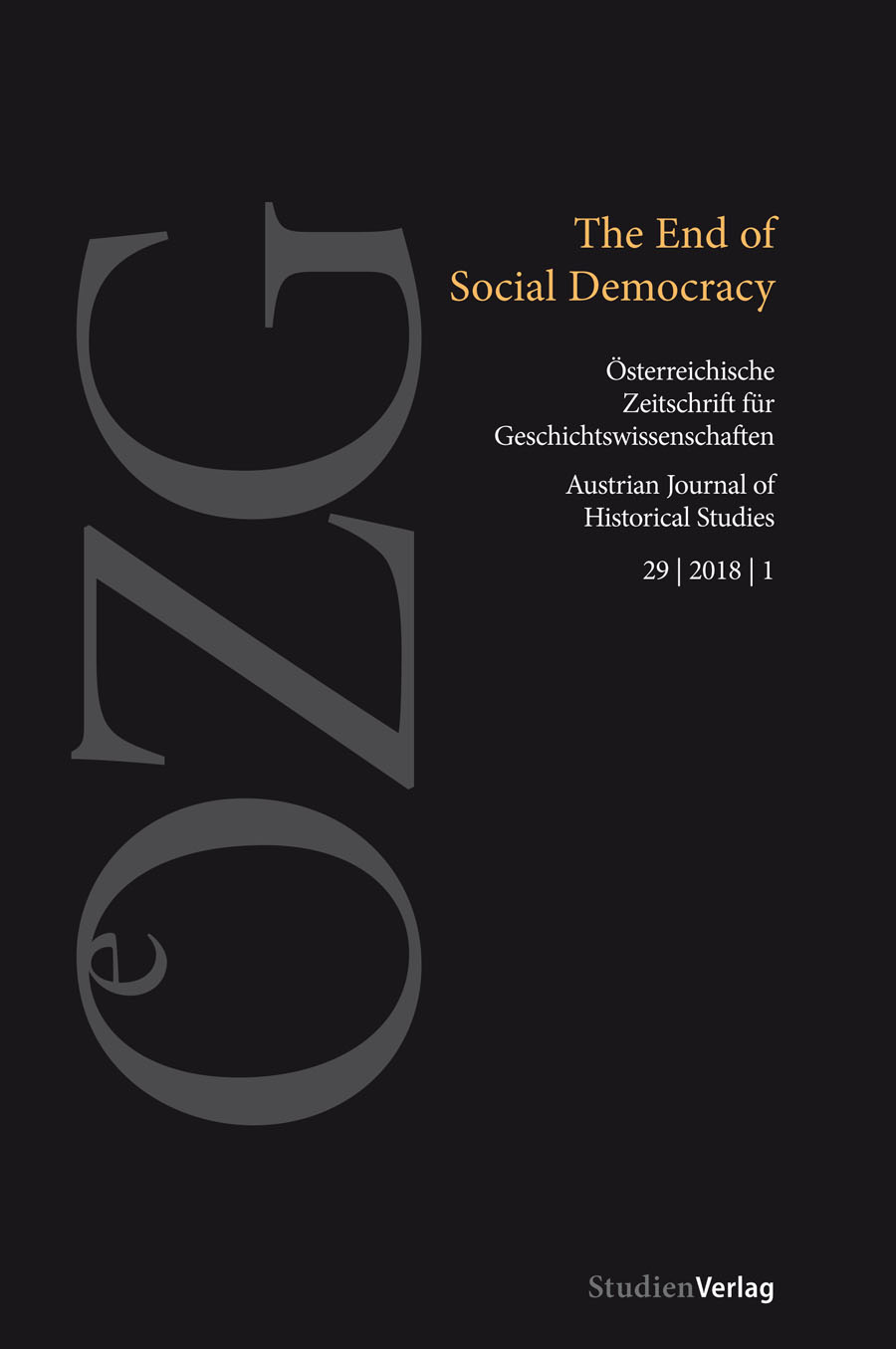Between Radical Rhetoric and Political Moderation
The Portuguese PS and Its International Networks in the Carnation Revolution
DOI:
https://doi.org/10.25365/oezg-2018-29-1-5Schlagworte:
Portuguese Socialist Party, Union of the Left, Social Democracy, Mário Soares, workers’ self-managementAbstract
Abstract: This paper examines the connection between the political, ideological and discursive development of the Portuguese Socialist Party (PS) and the party’s international relations during the Carnation Revolution (1974–1975). Specifically, it sheds new light on how the PS received and assimilated the support, pressures and influences from two ideologically diverse European socialist parties: the French Socialist Party (PSF) and the British Labour Party. The main argument is that PS received differing and sometimes contradictory influences from its European counterparts, despite the fact that these counterparts collaborated within the Socialist International. These diverging influences came from PSF on the one hand, and the main European social democrat parties and governments on the other. The PS found inspiration in the ideological renewal of the PSF in the early 1970s, especially their strategy of the union of the French left and the concept of autogestion (selfmanagement). However, the PS was influenced in the political realm by the European social democrats, who worked towards preventing the possibility of a communist takeover in Portugal. These influences had an impact on the public discourse, political behaviour, and ideology of the PS, which helps to explain the disjunction between the radical discourse and the moderate political practice of the Portuguese Socialists.


